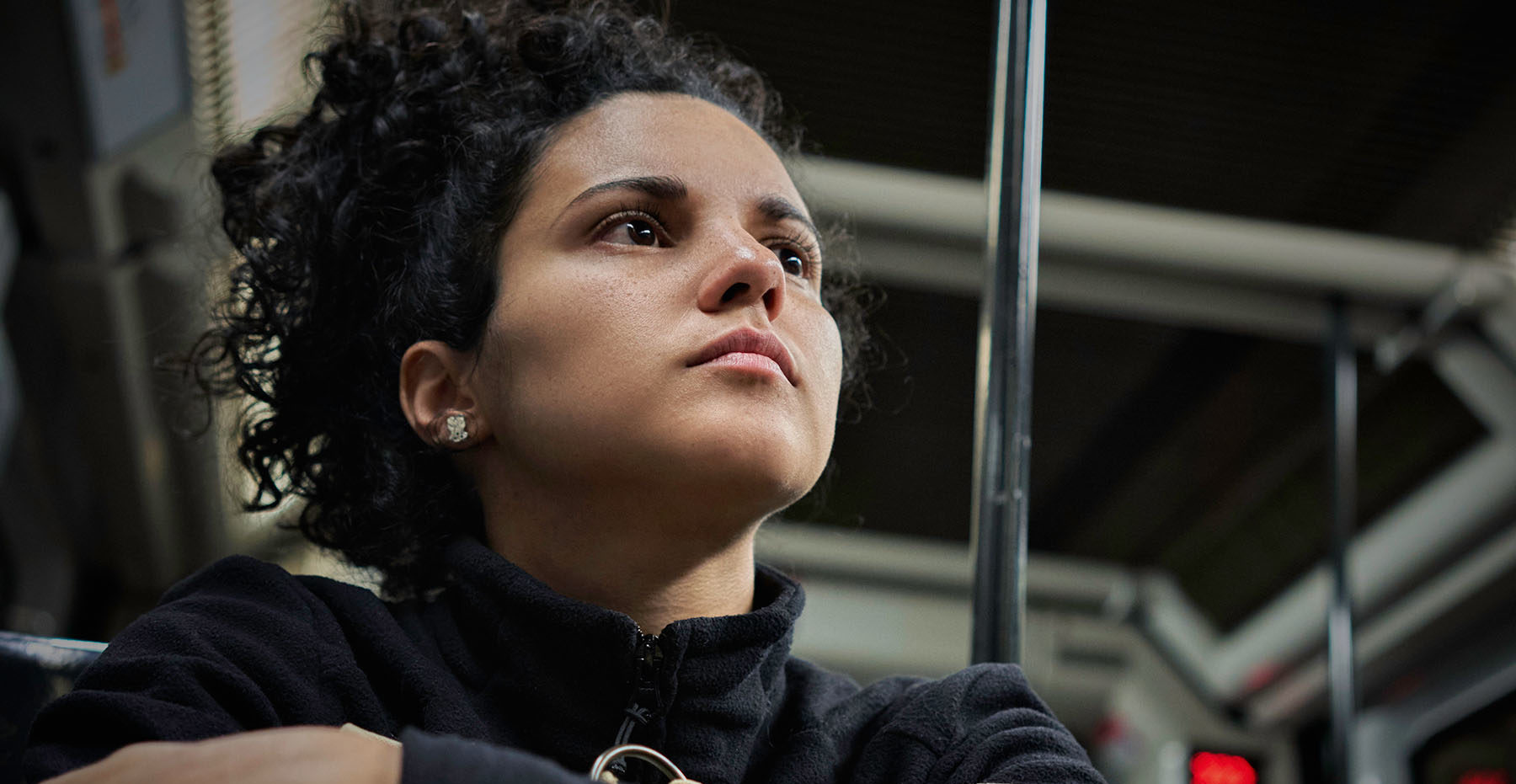Panel Recommends Anxiety Screening for all Adults

The COVID-19 pandemic, with all its accompanying uncertainties, has done a number on our mental health. Several unsurprising statistics underscore this.
In 2020 alone, the prevalence of anxiety and depression increased by 25% globally, according to the World Health Organization (WHO). And in the U.S., one survey found that about 4 in 10 adults reported symptoms of anxiety or depression. This was a sharp jump from 1 in 10 adults who had done so at the beginning of 2019.
Reacting to what many consider a mental health crisis, a U.S. government panel recently recommended that all adults under 65 be screened for anxiety disorders. This is the first time the U.S. Preventive Services Task Force has issued such a recommendation.
It doesn’t surprise Daniel E. Jimenez, Ph.D., a psychologist with the University of Miami Health System, who has seen an uptick in patients exhibiting anxiety and depressive symptoms.
The pandemic really messed with people. It’s still messing with people, and there are many reasons why. But what we know is that regardless of what’s causing it, the symptoms need to be addressed.
Dr. Daniel Jimenez
Dr. Jimenez points out that everybody is likely to exhibit particular signs of anxiety and depression at some point in their lives.
Anxiety disorders, which affect about 40 million adults every year, are the most common mental illness in the U.S.
However, not everyone suffering from worry or dread, or ruminating about a deep and abiding sadness, develops a clinical case of depression or an anxiety disorder.
One might get anxious for several days at work because of an important project. Or, the death of a family or friend saddens you. Those symptoms tend to be situational and eventually resolve themselves.
“But when those symptoms are so overwhelming that they interfere with your daily life, it then becomes time for you to seek help,” Dr. Jimenez added.
It’s not only adults’ mental health that worries the task force. In April, it issued similar guidance for children and adolescents, recommending anxiety screening for those aged between eight and 18.
Much of the mental health screening will fall on primary care physicians.
They already screen for breast, cervical and colon cancers as part of routine care. They do the same for domestic violence, alcohol and tobacco use, and food insecurity.
“In an ideal setting, the nurse or tech may ask those questions or give the patient a paper with those questions, which makes it part of the standard intake,” he explains. “Depending on the score the PCP [primary care physician] can suggest a referral. The idea is to make the patient aware there are options.”
The screening consists of two questions each for anxiety and depression.
An answer is measured from 0-3. A score of at least three in either category triggers the referral protocol.
In the depression category, the patient is asked: “Over the last two weeks, how often have you been bothered by the following problems?” It lists two situations: feeling down or depressed and having little interest or pleasure in doing things.
The patient must then choose between four different answers:
- Not at all
- Several days
- More than half the days
- Nearly every day
The two questions for anxiety, though they address the signs particular to the condition, are similarly worded.
In addition to offering help to a patient, Dr. Jimenez hopes that the recommended screenings will assure people that such feelings are common and that they don’t have to be borne alone or in silence.
While there are no miracle cures for mental health issues, he says those who receive help — cognitive behavior therapy or other treatment, including drugs — invariably show improvement. They learn how to dial down what may be out-of-control worries or unrelenting sadness.
“There’s no silver bullet, no cure,” he says. “But I make the same recommendations to all my patients. They’re simple to do and they work.
“I tell them, ‘Do what you enjoy, whatever it is. And exercise.’”

Ana Veciana Suarez,
Columnist
Ana is a regular contributor to the University of Miami Health System. She is a renowned journalist and author who has worked at The Miami Herald, The Miami News, and The Palm Beach Post. Visit her website at anavecianasuarez.com or follow @AnaVeciana on Twitter.
Tags: Dr. Daniel Jimenez, mental health problems, people with anxiety disorders, risk factors, screening tools, traumatic events
